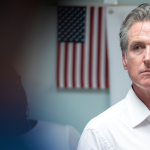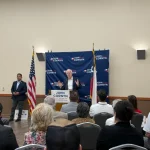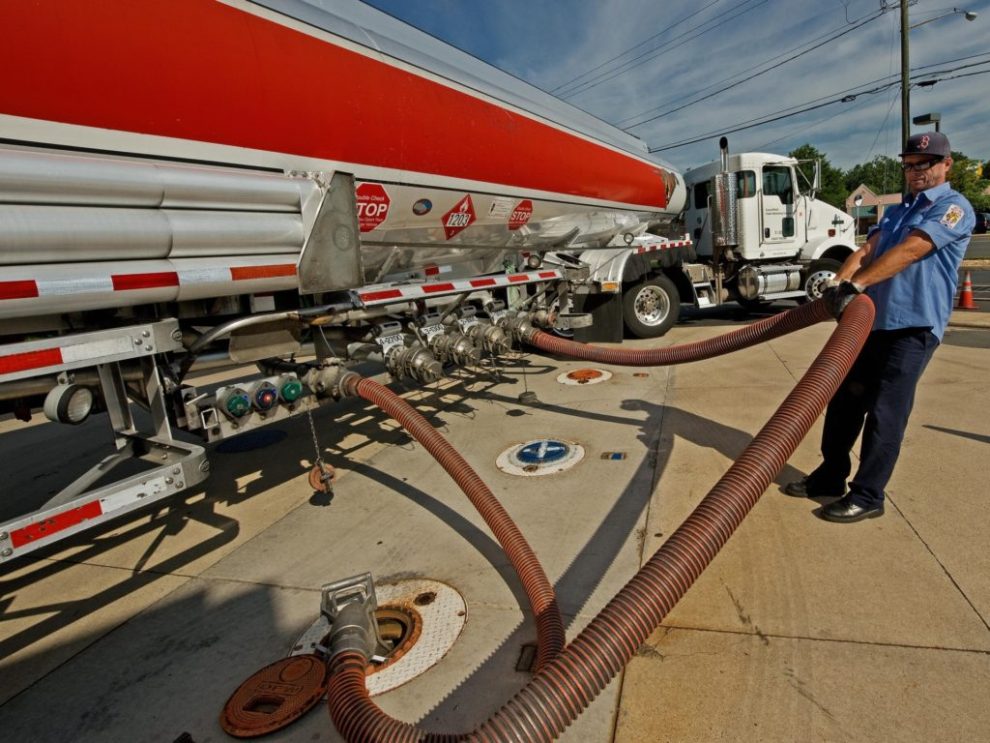The White House announced Tuesday that President Joe Biden would release 50 million barrels of oil from the Strategic Petroleum Reserve.
The president argued in a statement the demand for oil was not able to keep up with the economy recovering from the coronavirus pandemic shutdowns, leading to higher prices.
“American consumers are feeling the impact of elevated gas prices at the pump and in their home heating bills, and American businesses are, too, because oil supply has not kept up with demand as the global economy emerges from the pandemic,” the White House said in a statement.
Biden announced his decision as Americans prepare to hit the road for Thanksgiving travel at the same time prices show no sign of easing, as Breitbart News reports.
Gas prices have hit a seven-year-high as Biden struggles to find a solution to higher gas prices.
Biden failed to convince OPEC+ nations to produce more oil in November and tried to blame the higher prices on oil companies.
Biden’s release from the oil reserve is bigger than that of previous presidents.
In 2011, President Barack Obama released 30 million barrels in the wake of the war in Libya, in 2005, President George W. Bush released 30 million barrels after Hurricane Katrina. In 1999, President Bill Clinton also tapped the emergency oil reserves, releasing 30 million barrels 45 days before the 2000 presidential election.
The White House is also arguing Americans have more money to use to help pay for more expensive gasoline.
In his statement, Biden reminded Americans that thanks to his policies, they “nearly $100 more per month in disposable income in their pockets” to help pay for the higher cost of energy and fuel.
Biden also boasted that his “historic” infrastructure bill invested in green energy with the goal of “a net-zero emissions economy by 2050 and reducing our dependence on foreign fossil fuels.”
Story cited here.
























